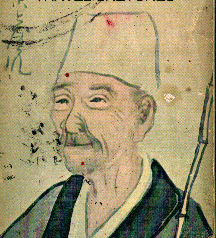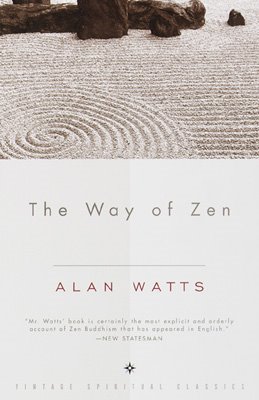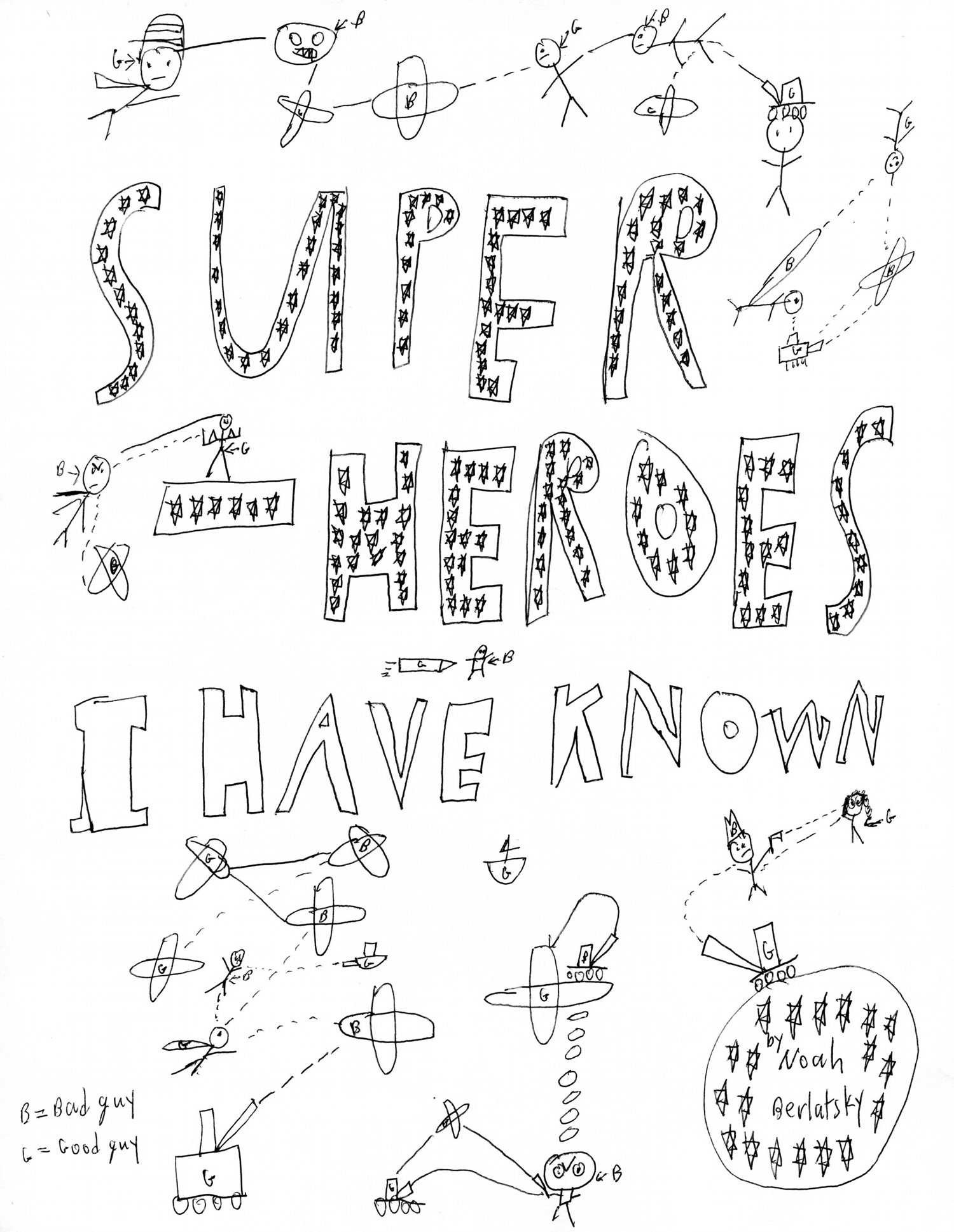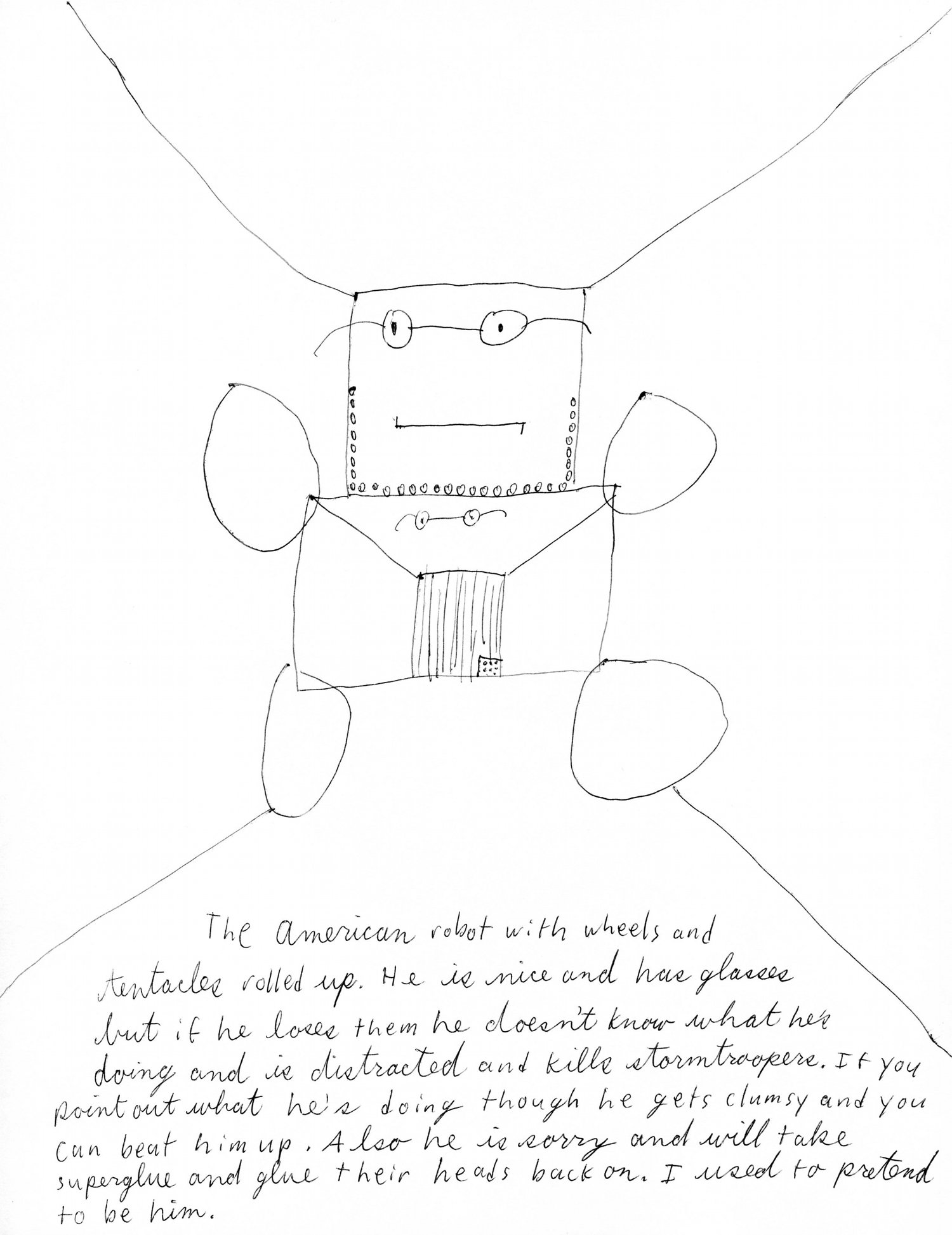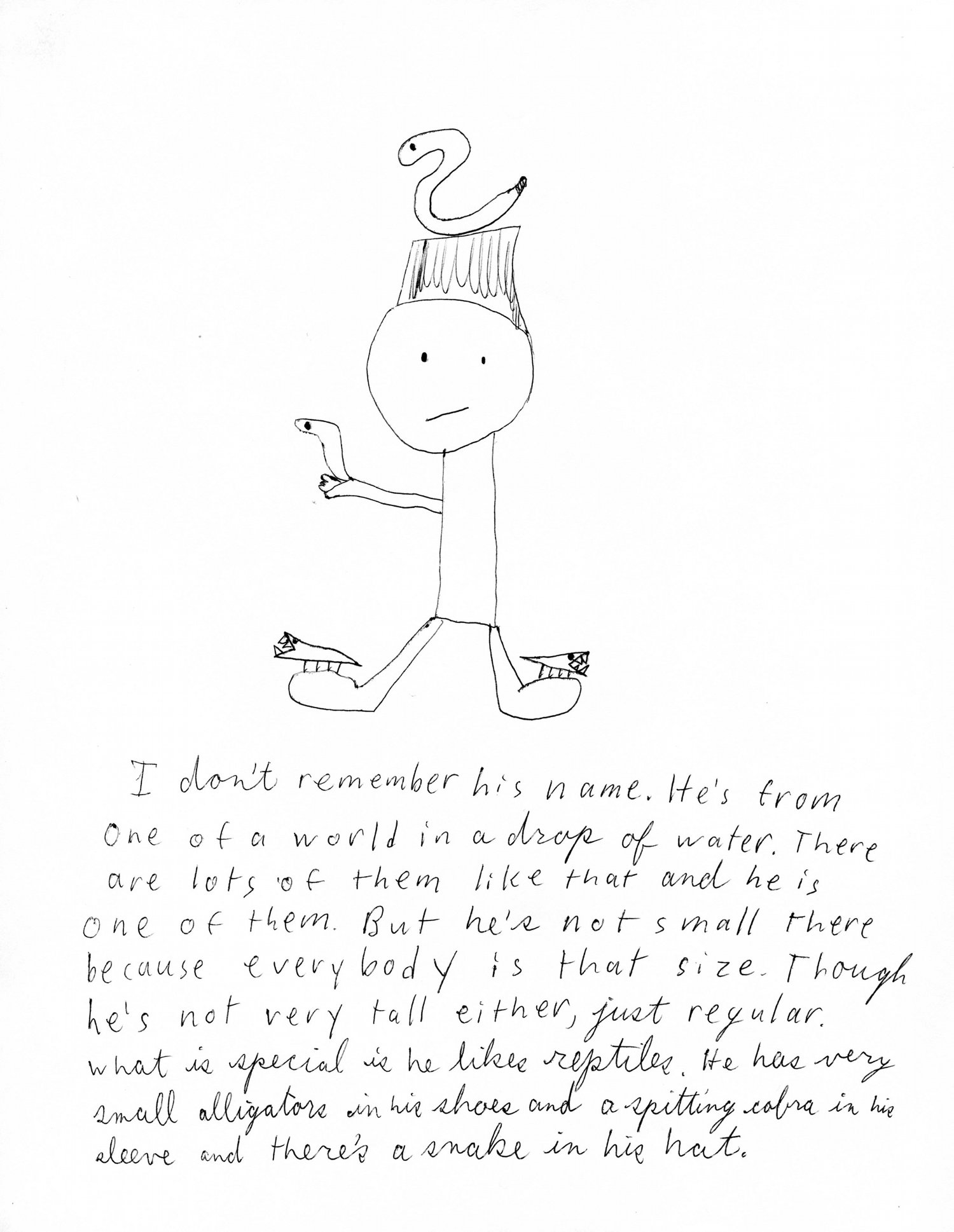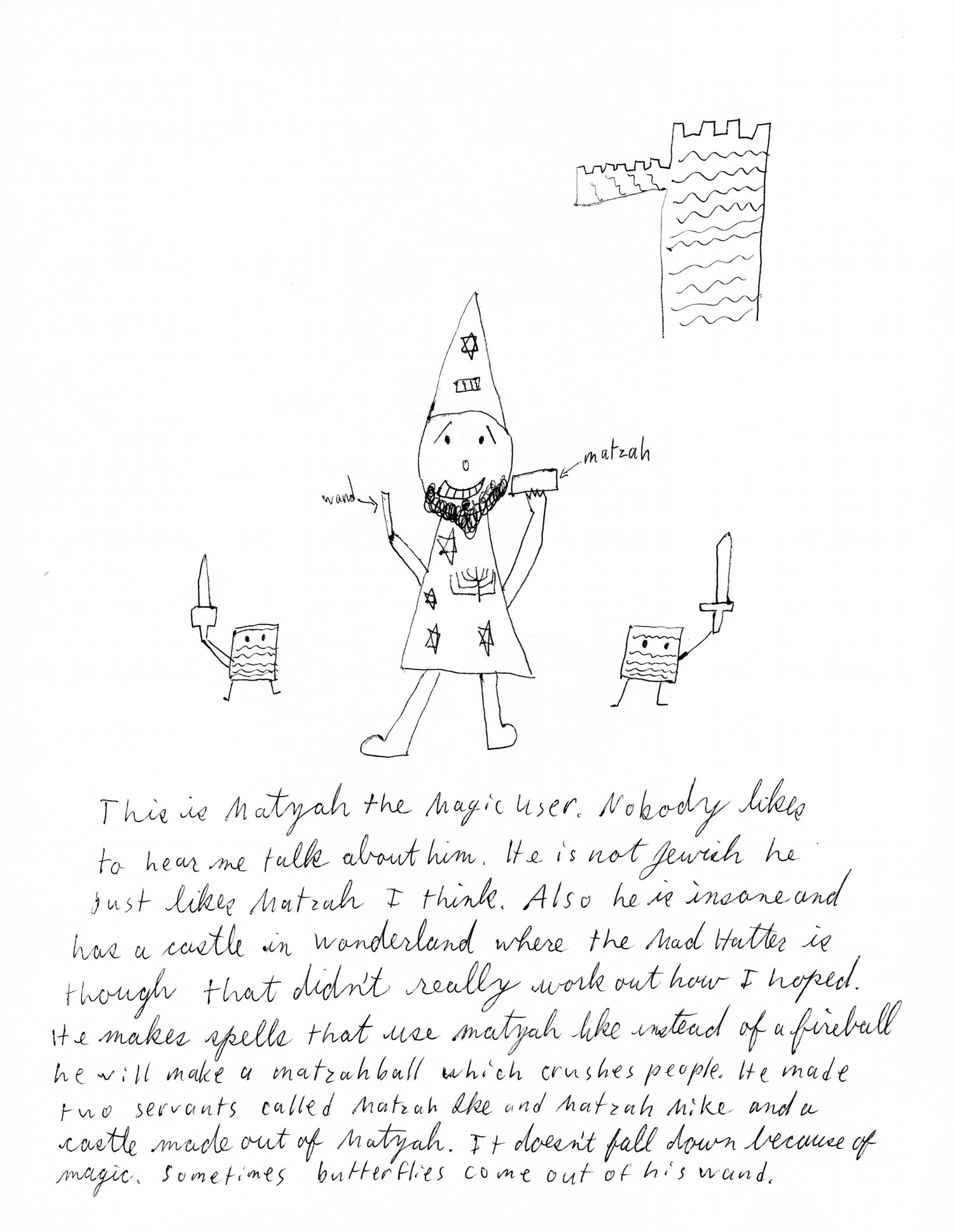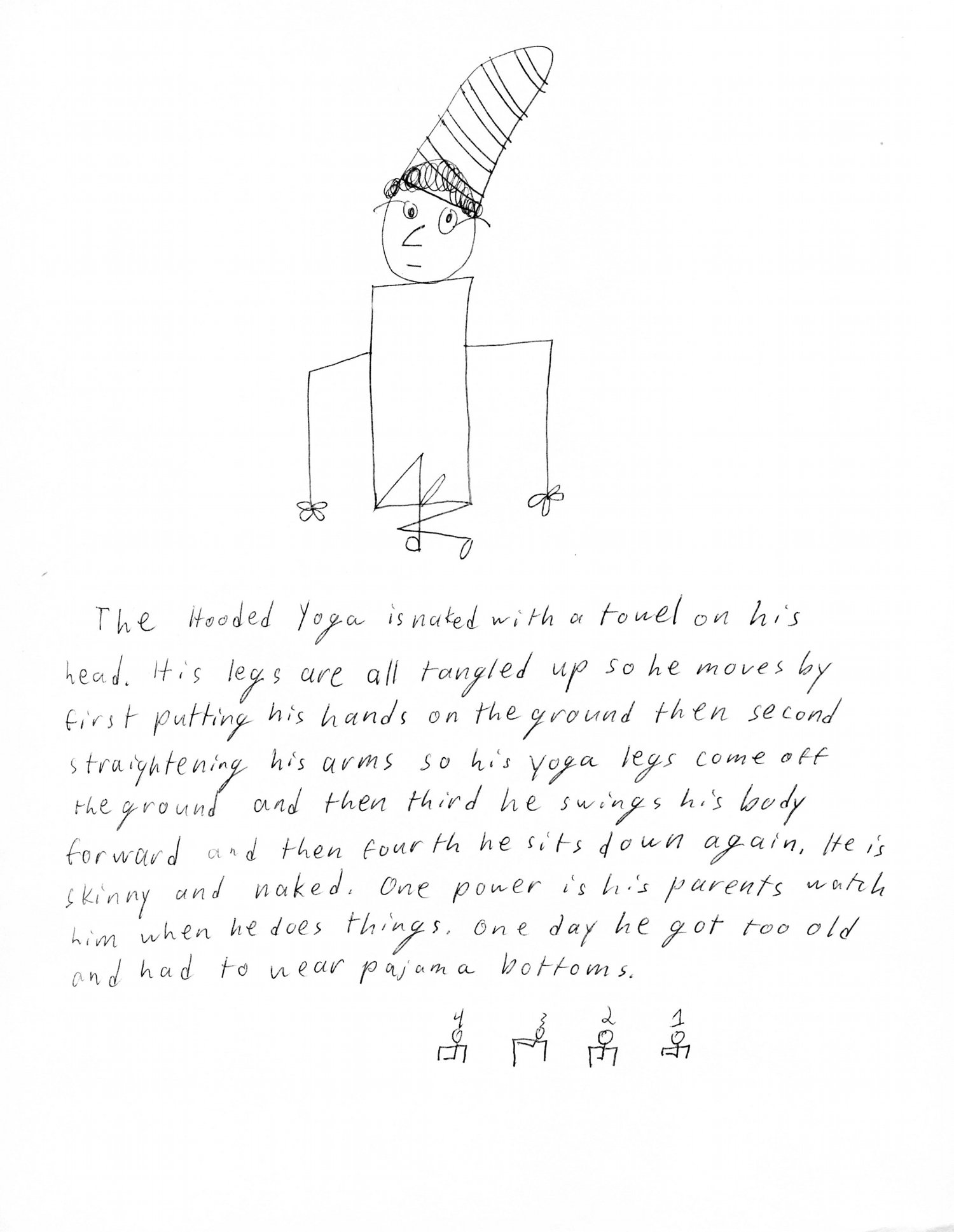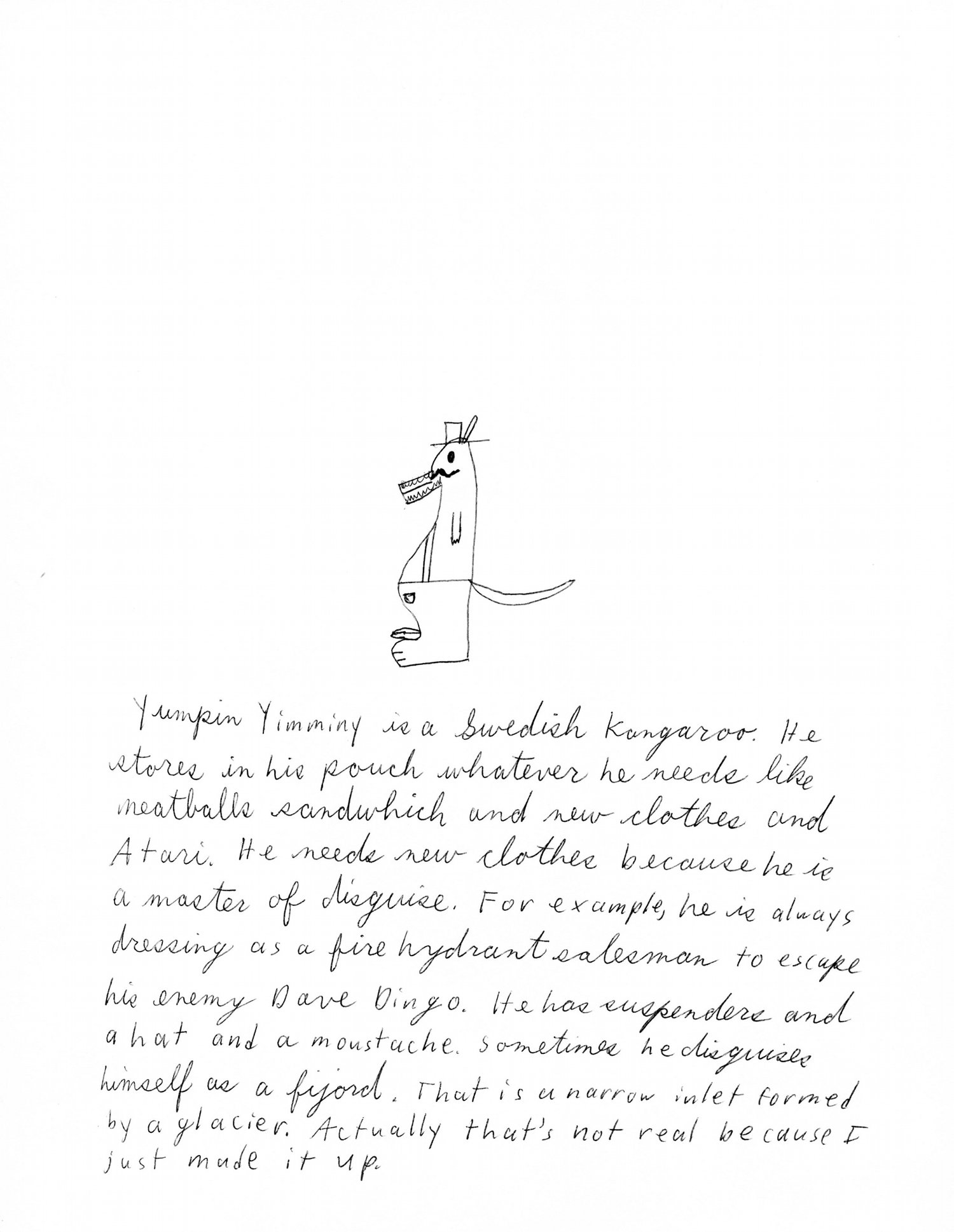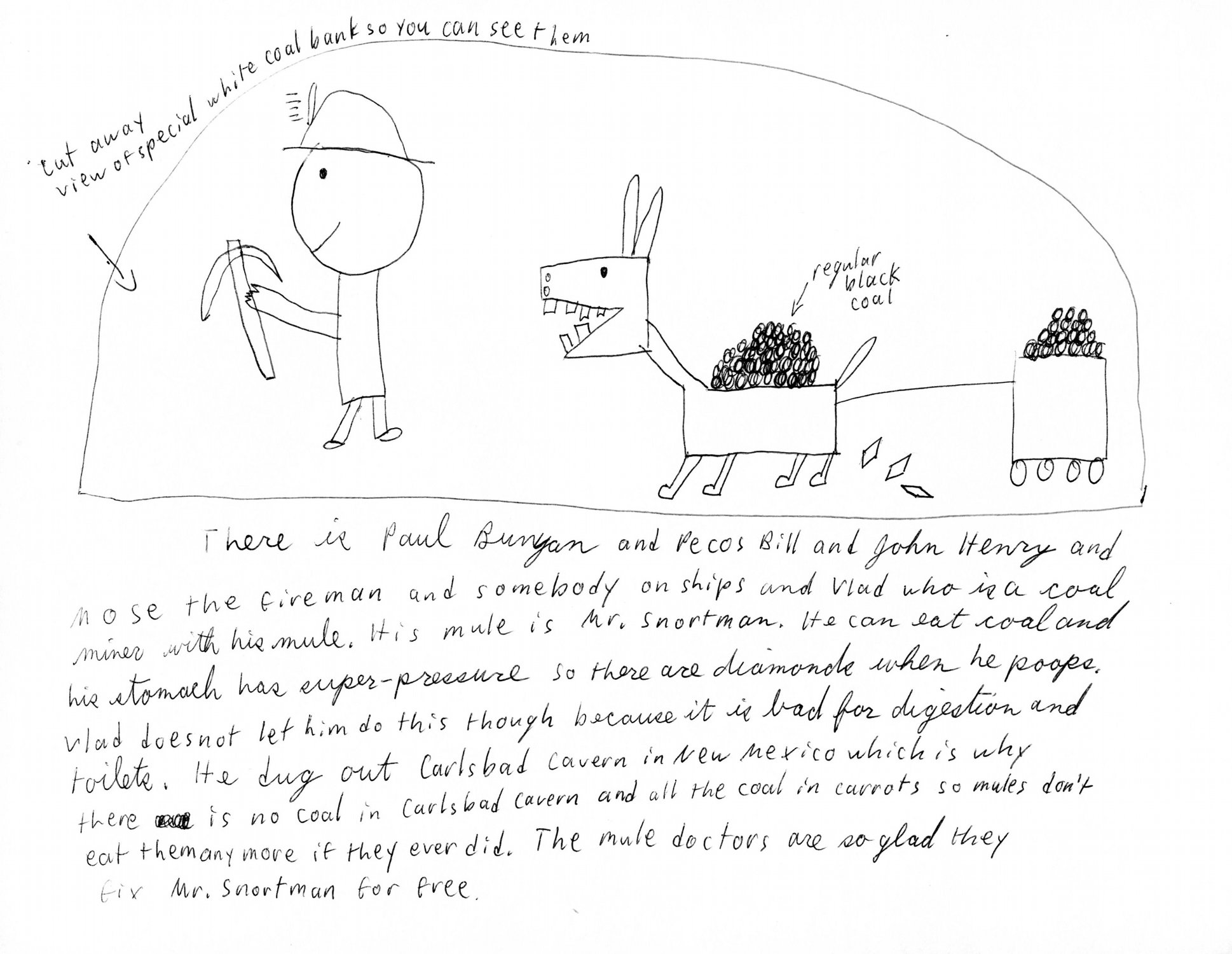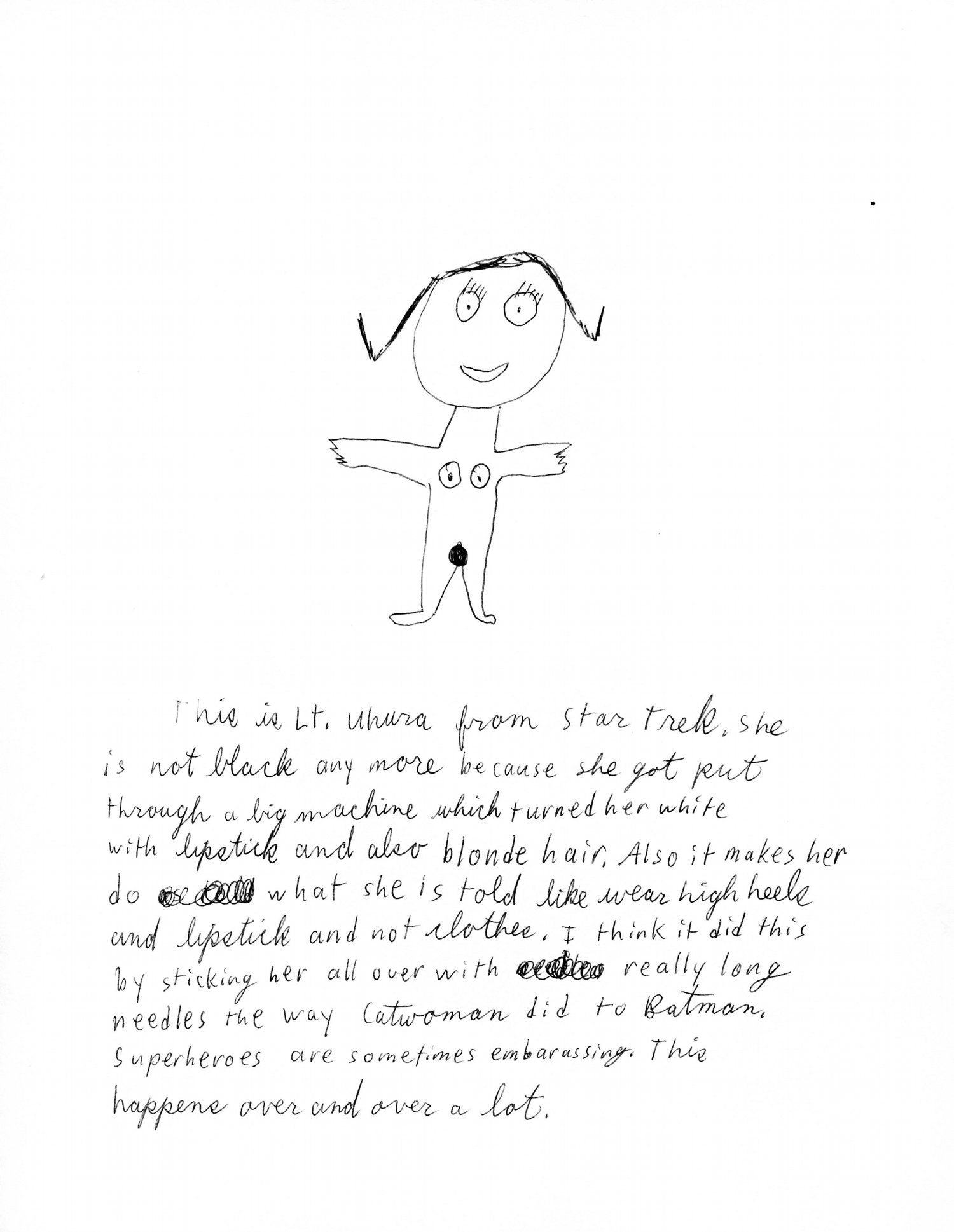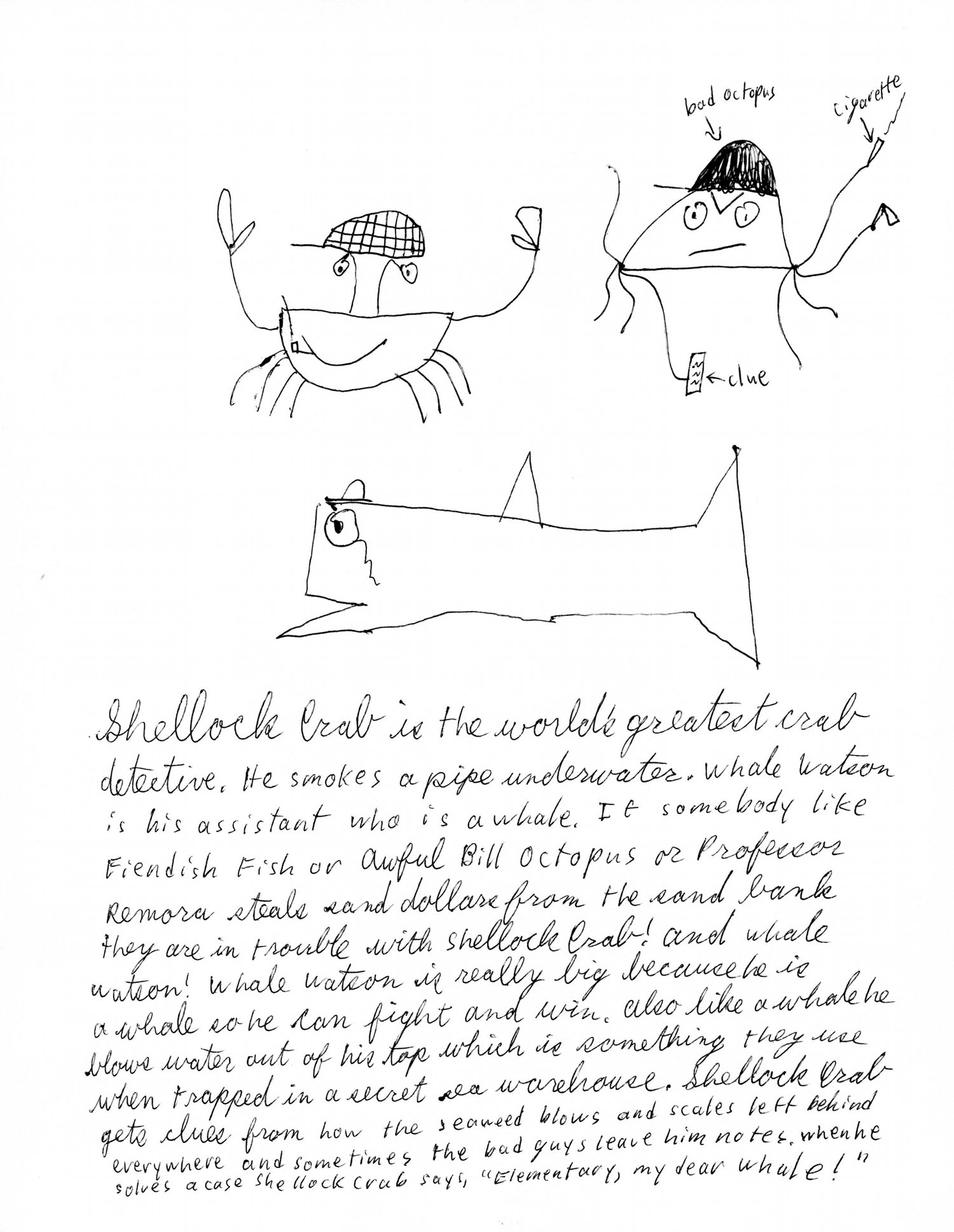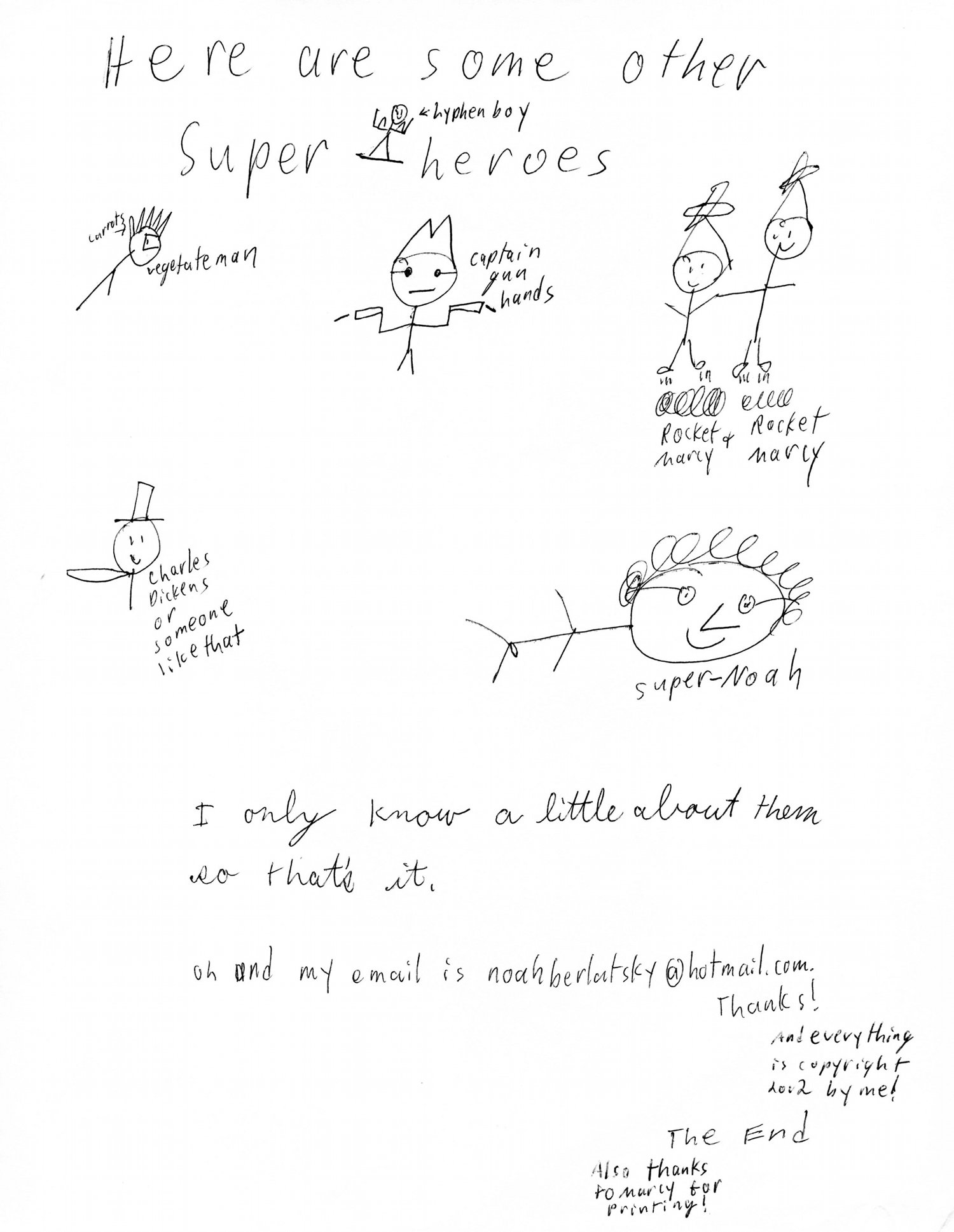I wrote this essay back when I was in college — so more than 20 years ago now. I’m curious whether folks think I still sound like me or not….
________________________________
“‘Go to the pine if you want to learn about the pine, or to the bamboo if you want to learn about the bamboo.'” –Basho, p.33
“‘If you want to find the meaning, stop chasing after so many things.'” –Ryokan, p.43
Both Basho and Ryokan attempt to capture, through their poetry, the beauty and simplicity of nature, the “meaning” inherent within everyday existence. Yet, despite analagous subjects and attitudes, the essence of the two poets work is clearly different. For while the fundamental principle which guides Basho’s art is that of motion, the desire to “Go to the pine”, at the basis of Ryokan’s poetry is stillness, the injunction to “stop chasing”. to stay in one place. To look at the two poets, then, is to see a contrast between restlessness and acceptance, between poetry which searches and that which reveals.
Basho’s motion, his desire to go outward and into the world for knowledge and wisdom, can perhaps best be seen in the form of his poetry, which is mostly interspersed amidst his travel journals. Thus, virtually every poem is placed in a particular location and even at a particular time. When he writes, for example, that:
Three months after we saw
Cherry blossoms together
I came to see the glorious
Twin trunks of the pine.
it is necessary for the reader to know not only that the poet is referring to the pine at Takekuma, but also that he is responding to another poem written by a friend before he began his journey. (111) While this kind of specificity makes the poem at least partially inaccessible to modern readers, it also, in Basho’s time, connected him to the world outside of himself, placing the events of his life in a clearly recognized continuity of location and history. Similarly, his use of the haiku, a form utilized and understood by many of his contemporaries and one which, moreover, lent itself to group compositions, indicates the manner in which poetry allowed him to reach out, to link, with others, with nature, with the landscape and past of Japan.(12)
It is not only this linking itself, however, which truly distinguishes Basho, but rather the dexterity and originality with which he creates these contacts, the power of the imagery with which he touches and contains the objects towards which his “wind-swept spirit” reaches. (71) Within the strict confines of the haiku form, Basho attains an amazing degree of motion and intensity. In describing “a gate-keeper’s house” in which he “was held up for three days,” for example, Basho writes
Bitten by fleas and lice,
I slept in a bed
A horse urinating all the time
Close to my pillow. (120)
Here, the poet moves from close up, next to his skin where the insects are biting; to a wider view, himself asleep; to the sudden and striking image of the “horse urinating all the time”; and then back to his own pillow, next to which, now, of course, the reader sees the shadowy figure of the horse. By the end of the short poem, the journey is so thorough that it is almost impossible to remember the “fleas and lice” of the first line — they disappear in the sound of the horse’s urine splashing on the floor.
This switching of perspective, this quick movement from image to image, is perhaps the most characteristic feature of Basho’s poetry. Often the reader moves with the poet, discovering each new object, each new perspective, simultaneously with the narrator. Thus,
Deep as the snow is,
Let me go as far as I can
Till I stumble and fall,
Viewing the white landscape.(76)
But even when Basho himself is not present within his poems, the poems themselves move by reaching, by moving out into the world. Each one, then, attempts to find some essence outside of the self, to seek out some place where
At midnight
Under the bright moon,
A secret worm
Digs into a chestnut. (27)
Ryokan, on the other hand, writes not to discover an outer world, but rather to reveal inner experience; his personal response to occurrences and events in that outer world. Ryokan’s allusions, therefore, are not historical or literary, but personal; he writes of the scenery of his own life, of how “The children play peacefully with this old monk” (31), how “I forgot my begging bowl”(60), and how “A thief has stolen my zafu and futon.” (56) The form of his verse, too, is idiosyncratic; he writes not in perfect haiku, but instead loosely follows the structure of many different forms of Chinese and Japanese verse. (17)
By refusing to limit himself to the haiku and traditional verse forms in which Basho writes, Ryokan both frees and disconnects himself from a larger literary community, allowing him to adopt an easy, almost rambling style in which he can touch not only on images in nature, but on his own thoughts, his opinions and beliefs. When he writes, for example, that “With no-mind, blossoms invite the butterfly,” the blossoms and the butterfly are entirely hypothetical; Ryokan is not writing of a specific place or a specific incident; he is writing solely about what occurs within his own mind. (16) Similarly the poem
Who says my poems are poems?
My poems are not poems.
After you know my poems are not poems,
Then we can begin to discuss poetry! (39)
Is completely devoid of any imagery whatsoever — appropriately enough, considering the subject matter. Yet, even in a more conventional poem, such as
The thief left it behind —
the moon
At the window. (75)
there is a sense of stillness. For while the poem moves from “thief” to “moon” to “window”, the philosophic cast of the whole, the meditation that is inevitably raised by the question of what can and cannot be stolen, by what has and does not have value, slows the poem down, creating an air of contemplation, rather than hurry.
The space which Ryokan creates allows him to connect with the world, to find “meaning”, not through the reaching that Basho undertakes, but rather through a kind of blurring, so that the line between inside and outside disappears, and he becomes both observer and observed. The ease with which he is able to merge with the outside, with which he can “pretend to be a crane softly floating among the clouds” is as incredible as the powerful motion of Basho’s verse. (33) In the poem
The island of Sado —
morning and evening I often see it in my dreams,
Together with the gentle face of my mother. (76)
Ryokan blends a real place with his own inner dream world and then with his past in the space of three lines. By forgetting place, by standing still, then, Ryokan allows the world to rush through him, so that
Going out to beg this spring day
I stopped to pick violets–
Oh! The day is over! (61)
To suggest that Ryokan is solely a poet of inner and Basho solely a poet of outer; that Ryokan is only stillness and Basho only motion, is, of course, an oversimplification — Ryokan writes poems that flit from image to image, Basho writes poems that remain inside himself. Yet, these exceptions, too, demonstrate the fundamental differences that separate the two writers. In looking at them, in fact, the distinctions become not less, but more apparent. For when Ryokan writes
Returning to my hermitage after filling my rice bowl,
Now only the gentle glow of twilight.
Surrounded by mountain peaks and thinly scattered leaves;
In the forest a winter crow flies. (26)
the movement from hermitage to twilight to moutain peaks to forest and crow is still suffused with quiet. The “gentle glow of twilight” shifts the reader’s mind from the ground to the sky without the sudden rush of Basho’s verse, and leaves it there among the “mountain peaks and thinly scattered leaves” until the “winter crow flies” into view. The open form of the poem, the leisurely shifts of imagery, all create stillness, despite the broad movement of the poem, and despite Ryokan’s near abscence.
In the same way, when Basho, after attending a funeral, writes
Move, if you can hear,
Silent mound of my friend,
My wails and the answering
Roar of autumn wind. (133)
the limited space of the narrative, and the prevalence of his own emotions, do not detract from the radical rush of images, the leaps from “Silent mound” to “my wails” and then out to the “Roar of autumn wind.” Pushed into a small space, in fact, Basho turns to auditory, rather than visual imagery, creating a haunting poem in which the reader is without bearing or placement, and must search for purchase solely amidst the rising and falling sound. Thus Basho, even without sight, continues to search, just as Ryokan, casting aside self, remains resting in quiet.
Basho

